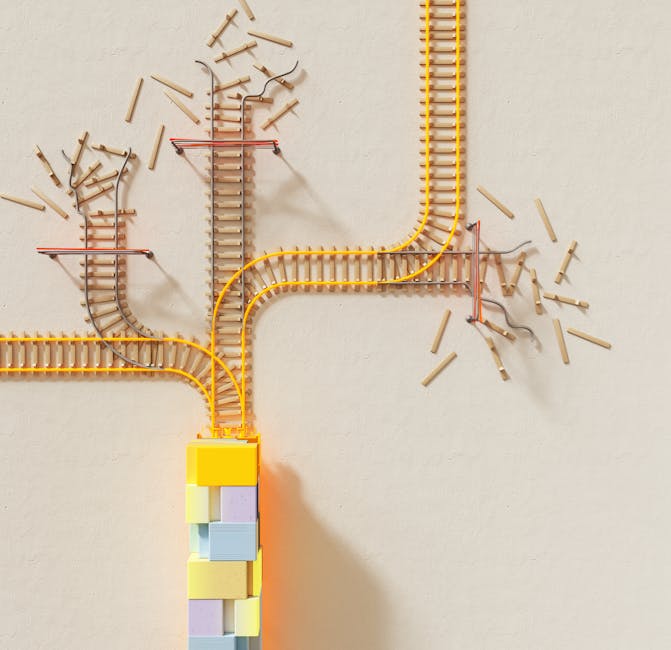
Stereotypes and Biases
Stereotypes and biases have a significant impact on individuals and society as a whole. They are deeply ingrained in our culture, often influencing our thoughts and actions without us even realizing it. Understanding and addressing these stereotypes and biases is essential for creating a more inclusive and equitable world.
In order to combat stereotypes and biases, it is crucial to first recognize and acknowledge their existence. We all hold unconscious biases that shape our perceptions of others, leading to stereotyping and prejudice. These biases can be based on various factors such as race, gender, age, or social class.
One common stereotype is that women are not as competent as men in certain professions, such as engineering or leadership roles. This stereotype not only undermines women's abilities but also hinders their professional growth and opportunities. By challenging and debunking such stereotypes, we can create a more level playing field for everyone.
Biases can also manifest in more subtle ways, influencing our everyday interactions and decisions. For example, we might make assumptions about someone's intelligence or capabilities based on their accent or appearance. These biases can have detrimental effects on individuals, leading to discrimination and exclusion.
Addressing stereotypes and biases requires a collective effort. Education and awareness play a vital role in challenging and dismantling these harmful beliefs. By promoting diversity and inclusivity, we can create environments that encourage empathy, understanding, and equal opportunities for all.
It is essential to have open and honest conversations about stereotypes and biases, both on an individual level and within larger communities. By actively confronting and discussing these issues, we can initiate positive change and foster a more inclusive society.
